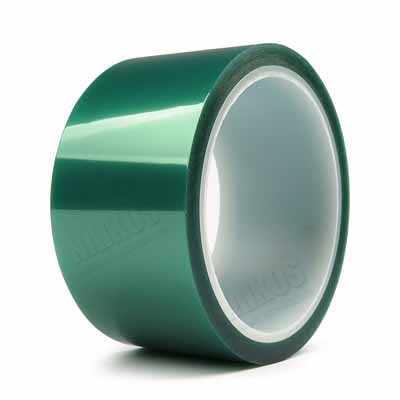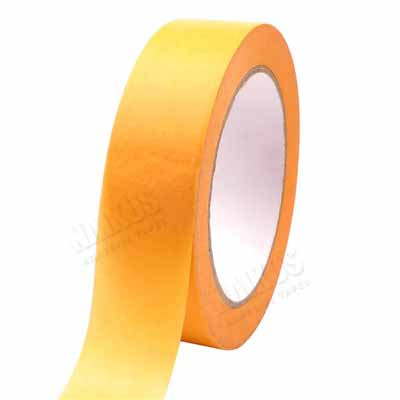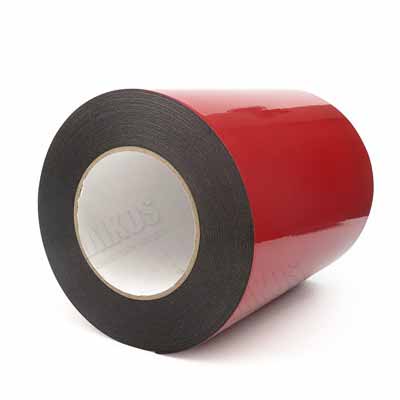Thermal conductive tapes have become an important part of many industries, especially in the electronic and automotive sectors. These tapes have unique thermal properties that help dissipate heat, which makes them a vital component in electronic devices, LED lights, and automotive engines. In this article, we will explore the thermal conductive tape industry in detail, including its history, production, applications, and future prospects.
These tapes can be produced in various thicknesses and widths, depending on the application. The most common types of thermal conductive tapes are single-sided and double-sided tapes, each with specific properties and uses. For example, double-sided tapes are ideal for mounting LED lights, as they provide excellent adhesion and thermal conductivity.
Thermal conductive tapes have a wide range of applications, ranging from consumer electronics to heavy industrial machinery. In the electronics sector, these tapes are used in smartphones, computers, and other electronic devices to dissipate heat generated by the internal components. They are also used in automotive engines and transmissions to facilitate efficient heat transfer, thereby improving performance and reducing wear and tear. In the aerospace industry, thermal conductive tapes are used in thermal management systems and heat shields to protect spacecraft from extreme temperatures.
The thermal conductive tape market is expected to grow significantly in the coming years, driven by the growing demand for electronic devices, LED lights, and automotive components. Advances in technology are also making it possible to produce tapes with even higher thermal conductivity, opening up new possibilities for their use. Additionally, manufacturers are investing heavily in research and development to produce tapes that are more durable, reliable, and cost-effective.
Thermal conductive tapes are a critical component in many industries, and their importance is only expected to grow in the coming years. From consumer electronics to aerospace, these tapes provide superior thermal conductivity, adhesion, and durability, making them an essential tool for thermal management. As technology advances, the market is expected to witness a surge in demand for thermal conductive tapes that meet the ever-increasing demands of modern technology.




